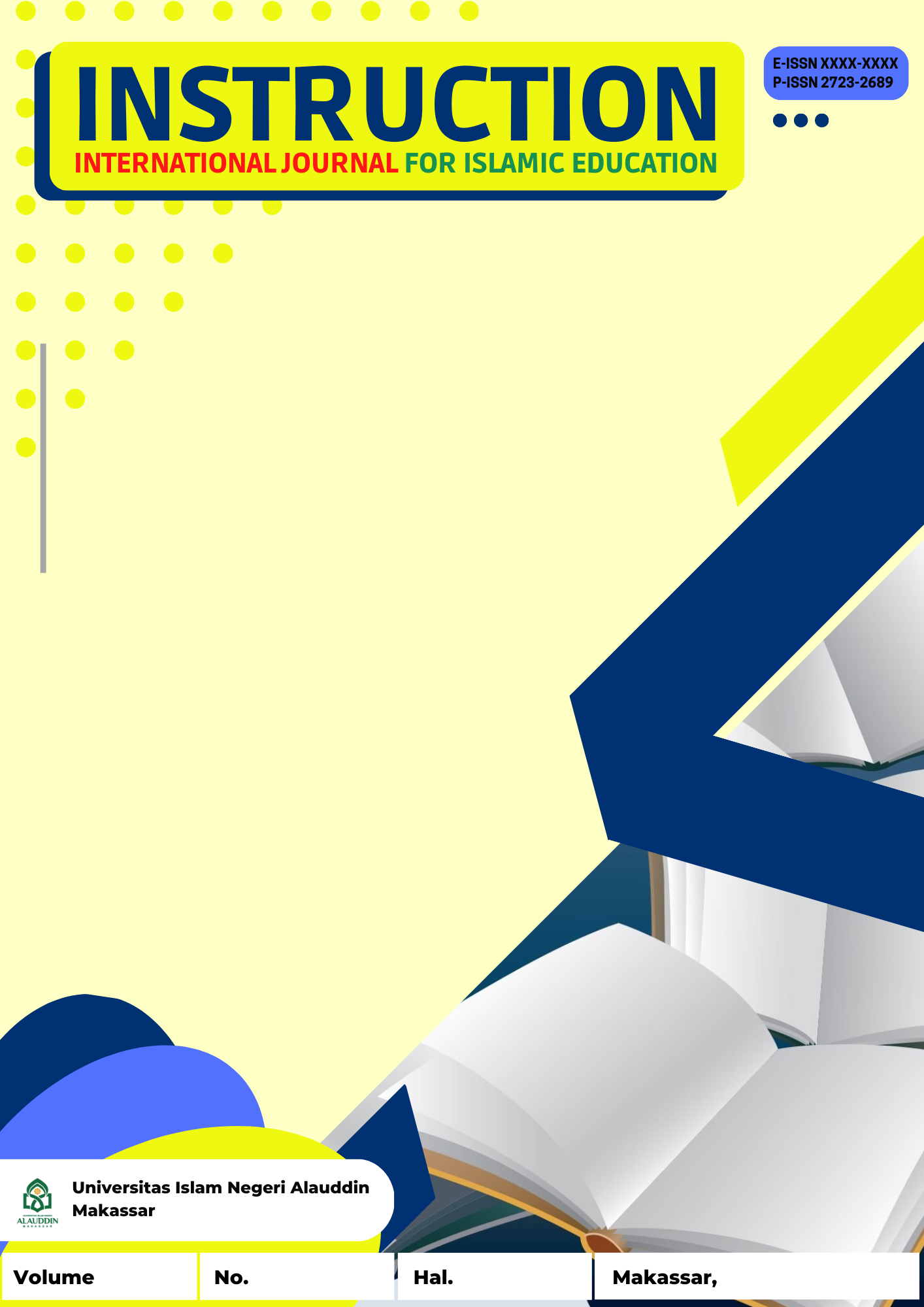Situational Learning Principles And General Systems Of Methods Learning
Abstract
A teacher must also be able to manage instruction well, especially in terms of formulating instructional materials and creating student assessments. This can be done well if each teacher/educator is prepared to learn strategies and methods that correspond to the principles of the learning situation so that effective and efficient learning goals are achieved. In the learning process, teachers must create and prepare good conditions and situations so that students are ready to participate in class. In the learning process, teachers must create and prepare good conditions and situations so that students are enthusiastic to participate in class. The knowledge that students acquire in school will always be remembered if the learning situation is fun. In this context, it is necessary to discuss in depth the situational principles of learning, and to complement the discussion of these principles, it is necessary to discuss the general systems of learning methods.
Published
2022-11-30
Section
Artikel
Copyright (c) 2022 Rezkiyani Rezkiyani, Saprin

This work is licensed under a Creative Commons Attribution-ShareAlike 4.0 International License.
Authors who publish with this journal agree to the following terms:
- Authors retain copyright and grant the journal right of first publication with the work simultaneously licensed under a Creative Commons Attribution License that allows others to share the work with an acknowledgment of the work's authorship and initial publication in this journal.
- Authors are able to enter into separate, additional contractual arrangements for the non-exclusive distribution of the journal's published version of the work (e.g., post it to an institutional repository or publish it in a book), with an acknowledgment of its initial publication in this journal.
- Authors are permitted and encouraged to post their work online (e.g., in institutional repositories or on their website) prior to and during the submission process, as it can lead to productive exchanges, as well as earlier and greater citation of published work (See The Effect of Open Access).



